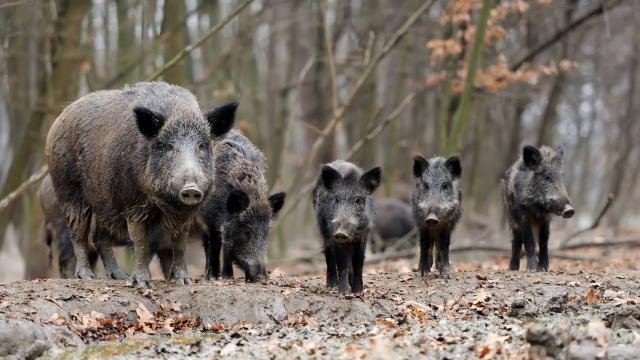Project within the TANDEM program of The Czech Academy of Sciences (CAS), Charles University and CEFRES/CNRS based on the CEFRES Platform’s cooperation and endeavour to excellency in social and human sciences.
Eurasian wild pigs (Sus scrofa) feature regularly in European public discourse, for their numbers have been rising spectacularly across the continent. While in some parts of Europe this by now synanthropic species generates sympathy, in other contexts humans have declared war on wild boars for causing extensive damage to landscapes, agriculture, transportation networks and so on. In this context, we are asking how the Eurasian wild pig has featured in human lives, and vice versa, in dynamically changing socio-environmental contexts. Our search for answers will take two routes.
First, we will focus on the wild pig in its own right and its multiple relations with humans. Especially the relation of predation will be an important case study for our research. Studies of hunting in non-European contexts (e.g., Africa, Amazonia, Siberia) have led to numerous theoretical and methodological innovations in the field of social anthropology, from the exploration of hunter-gatherer societies nested in the paradigm of the natural sciences to the recent phenomenological return to animism as an analytical category. However, topics such as European hunting and game management have been largely excluded from the corresponding bodies of literature, something that we would like to redress.
Continue reading Bewildering Boar: Changing Cosmopolitics of the Hunt in Europe and Beyond

